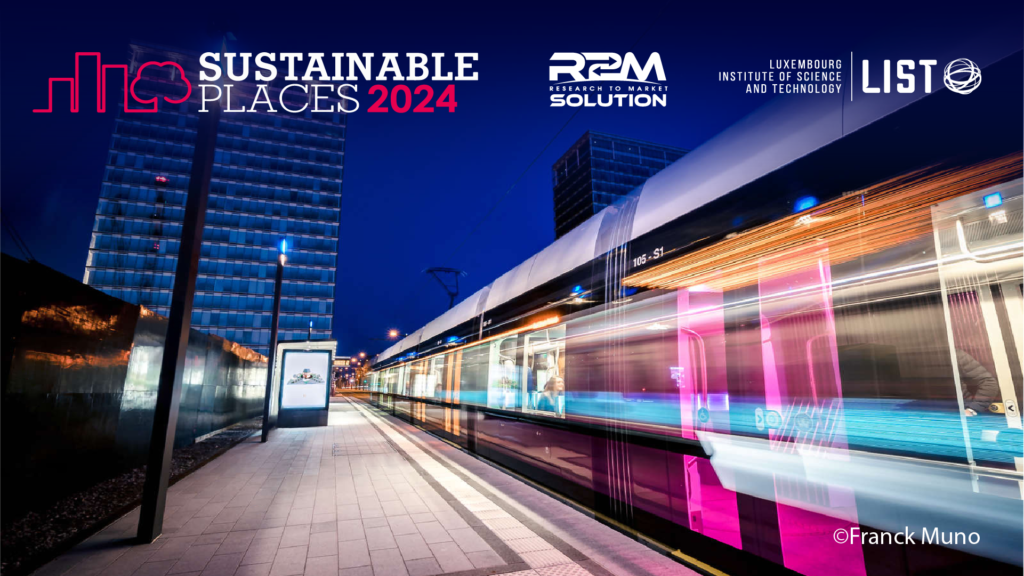Home Energy Optimization using Vehicle-to-Home” Shuo Zhang, University College Dublin
Wednesday 25 September 2024 | 16:00-17:30 | Briefing Room IT | Paper Session | Hybrid

Given Ireland’s Climate Action Plan, which aims to reduce greenhouse gas emissions by 51% by 2030, the electrification of transport through an increased number of Electric Vehicles (EVs) on Irish roads is crucial for decarbonizing both the transport and energy sectors. However, uncontrolled charging of EVs is likely to place excessive stress on the electrical grid. Vehicle to home (V2H) is the concept that the energy stored in EV batteries could be used to reduce the cost of home energy use by shifting energy use from high-cost times to low-cost times, thus managing grid demand peaks.
This study models a home energy system, integrating grid connections, household energy demands, heating systems, EVs, and photovoltaic (PV) panels. The optimization model aims to utilize the EV battery and smart electricity price tariffs to minimize home energy costs. The model compares the results from unmanaged, smart, and V2H charging strategies. For an average Irish household utilizing the V2H strategy, the results found that V2H had the best savings (939 €/a) among all and reduced the energy costs by 30%.
This is achieved by utilizing smart electricity tariffs by reducing the grid imports during peak hours and increasing the self-consumption of PV on-site generation. Hence, V2H provides lower electricity costs by shifting large portions of residential electricity demands into the off-peak hours with low electricity tariffs and reduces the grid stress during peak hours with the better utilization of renewable energy, thus improving grid stability.
Session Chair:
Shuo Zhang, University College Dublin – Sean Byrne, University College Dublin – Terence O’Donnell, University College Dublin
Workshop Chair: Sébastien Faye, LIST, Luxembourg Institute of Science and Technology
